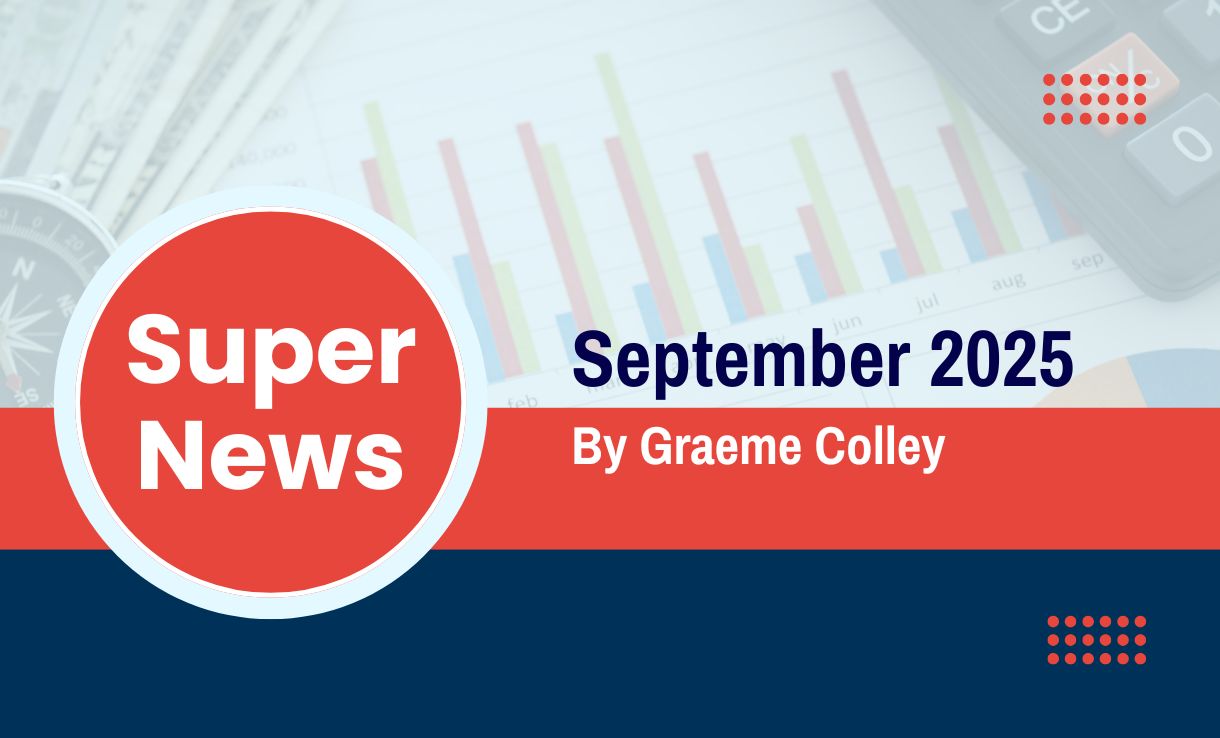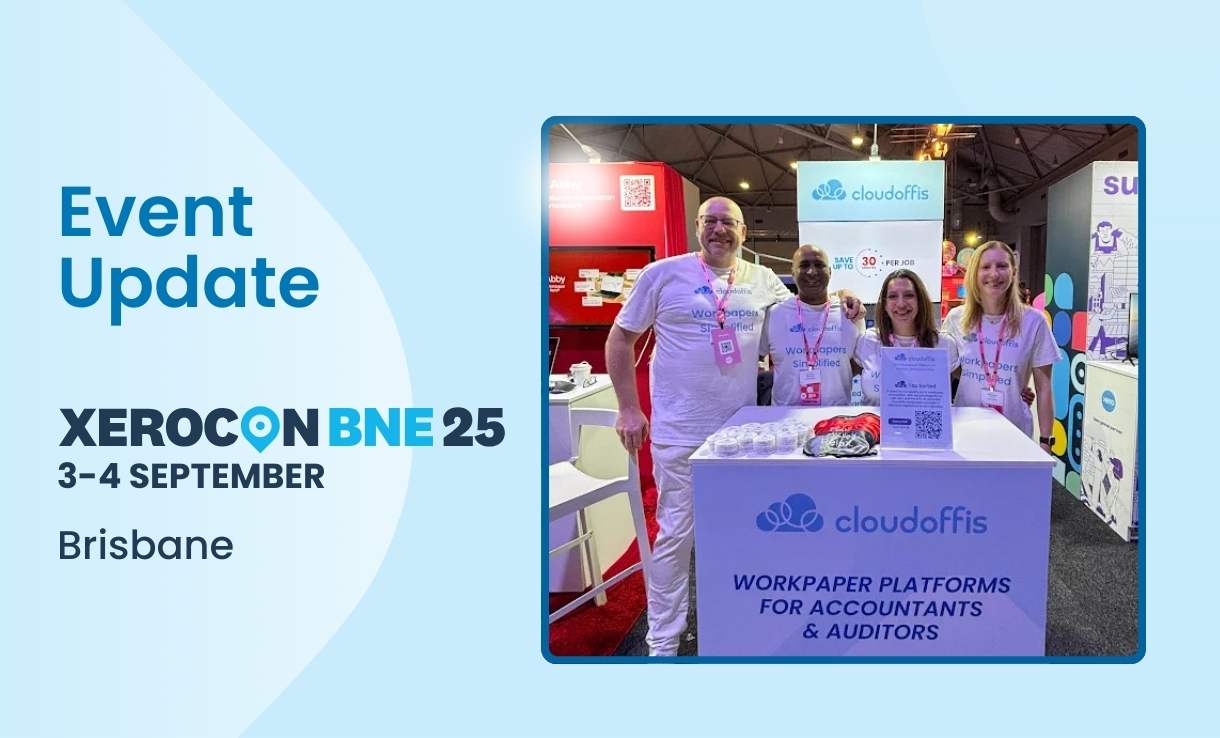Sydney, 16 September 2025: Cloudoffis, Australia’s leading provider of cloud-based audit and compliance technology, has unveiled a series of expansion milestones as it accelerates growth beyond SMSF audit automation and into the wider accounting market.
The momentum is being driven by the rapid uptake of Tax Sorted, Cloudoffis’ newest product, launched in July 2024. Tax Sorted’s plug-and-play ease of use, Excel-based design, and powerful integrations with the ATO, Xero and FYI Docs has given Cloudoffis an immediate foothold across an estimated 60% of the accounting market.
In response to this growth, Cloudoffis has:
- Appointed two senior leaders to newly created roles – John Munden as Chief Strategy Officer and Melissa Lawlor as Head of Growth.
- Relocated its Sydney headquarters from Parramatta to 60 Martin Place, a prestigious CBD location closer to customers and partners.
- Commenced a new wave of recruitment, with additional hires announced recently and more roles to be filled in the months ahead.
“This is a defining moment for Cloudoffis,” said Viral Kanabar, co-founder of Cloudoffis. For nearly a decade, we’ve been an innovator in SMSF audit automation, achieving 22% market share. With Tax Sorted, we’re unlocking the much larger accounting industry, both in Australia and globally. The move to Martin Place, creation of new leadership roles, and our growing team all reflect the scale of our ambition.”
As Chief Strategy Officer, Munden will steer the company’s long-term growth agenda, including opportunities to expand internationally into markets such as the UK and the US. He brings more than a decade of leadership experience scaling software and professional services businesses across Australia and the UK, including senior roles at Apple and Xero, leading transformation teams.
“Tax Sorted is reshaping expectations in the accounting software space,” said Munden. “It’s fast, intuitive and genuinely reduces workloads – helping firms save up to 30 minutes per job and cut review times in half. My focus will be ensuring Cloudoffis captures this momentum and translates it into lasting global impact.”
Melissa Lawlor, Cloudoffis’ new Head of Growth, will lead brand, marketing and customer experience strategy. A seasoned SaaS growth marketer, Lawlor brings more than 15 years of experience from roles at Dext (formerly Receipt Bank) and Deputy, where she specialised in demand generation and scaling customer adoption.
“What makes Tax Sorted so powerful is its accessibility,” said Lawlor. “Accounting firms can be up and running in minutes, which makes change management seamless. That’s a huge differentiator, and I’m excited to help drive the next phase of Cloudoffis’ growth story.”
“We’ve built a product accountants actually love using,” added Manish Sheladia, co-founder of Cloudoffis. “Our vision has always been to create simple, powerful tools that transform compliance. Tax Sorted is proving that vision extends well beyond SMSFs – and we’re just getting started.”
With strong foundations in SMSF audit automation and a rapidly expanding footprint in tax and compliance, Cloudoffis is positioning itself as a global leader in cloud-based accounting solutions.
For more information about Cloudoffis, please visit: https://cloudoffis.com.au
About Cloudoffis
Cloudoffis is Australia’s leading cloud-based audit and compliance platform, trusted by SMSF auditors, administrators, and accountants. With more than 22% market share in SMSF audit automation, Cloudoffis is now transforming tax and compliance workflows through its new Tax Sorted product. By combining deep industry knowledge with innovative, plug-and-play technology, Cloudoffis streamlines processes, reduces risk, and helps practices deliver higher-value client service.
For further information or to arrange interviews, please contact:
Jasmine Turvey, Head of PR – Reverb Media
E: jasmine@reverb-media.com.au
P: 0437 762 320











